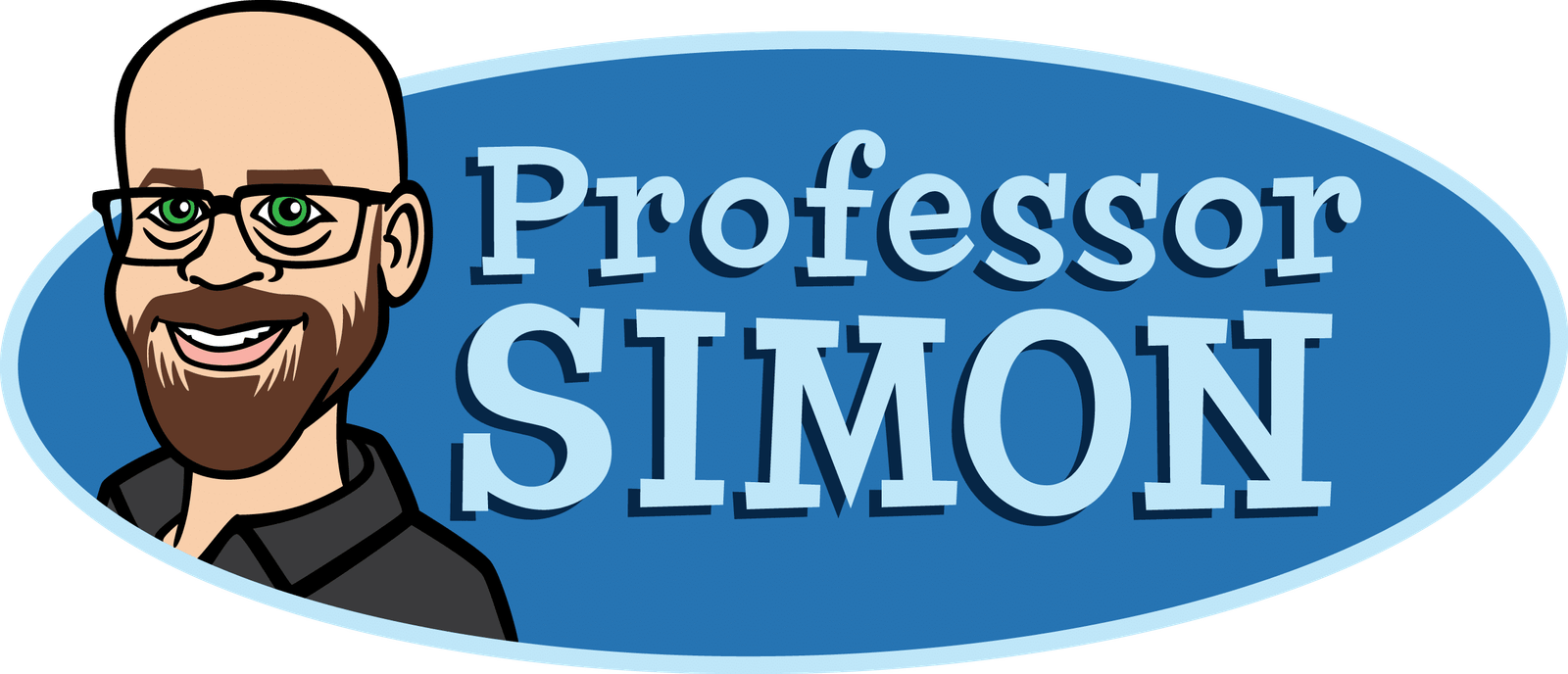Changing careers is common, but explaining it on a resume can be a challenge. Employers want to understand why you made the switch and whether your skills match the new role. A well-structured resume helps bridge the gap between past experience and future goals. Highlighting transferable skills, relevant accomplishments, and a clear career narrative makes you a stronger candidate.
Start with a Strong Summary
The summary section at the top of your resume should immediately clarify your career shift. This is your chance to provide context and establish relevance to your new field. Instead of focusing on past job titles, emphasize skills and experience that align with your target role.
For example, if you moved from retail management to IT, your summary might focus on problem-solving, technical aptitude, and leadership skills. Keep it brief but direct. Avoid generic statements and instead focus on what you bring to the table in your new industry.
Focus on Transferable Skills
Every job develops skills that can be applied elsewhere. Employers care about how your past experience benefits their company. Identify the skills you gained in your previous roles and how they apply to your new career path.
If you worked in marketing and are moving into cybersecurity, analytical thinking, project management, and data interpretation are relevant skills. If you were a teacher transitioning into tech, your ability to break down complex topics and communicate effectively becomes a valuable asset.
Highlight transferable skills in the experience section, summary, and skills list. Use specific examples to show how you applied these skills in past roles.
Reframe Your Work Experience
Your past roles may not directly match your new career, but the experience is still valuable. Reframe job descriptions to emphasize duties and achievements that connect to your target field.
Instead of listing every responsibility from your previous jobs, focus on tasks that demonstrate relevant competencies. If you were a project manager in construction and are moving into IT project management, emphasize budgeting, stakeholder coordination, and risk assessment rather than industry-specific details.
Use bullet points to present accomplishments clearly, but do not rely on them too much. Adding context in paragraph form helps show how your previous work prepared you for the transition.
Add a Skills Section
A dedicated skills section allows you to highlight technical and soft skills relevant to your new career. This is especially useful if your past job titles do not reflect your qualifications for the role you are applying for.
Include hard skills such as programming languages, security frameworks, or data analysis tools if you are moving into tech. Soft skills like leadership, communication, and adaptability are also important. Keep the list focused on what is most relevant to your target industry.
Use a Functional or Hybrid Resume Format
The traditional chronological resume format may not be the best choice for career changers. A functional or hybrid format places more emphasis on skills and achievements rather than job titles and dates.
A functional resume highlights key skills at the top, followed by relevant accomplishments. Work history is listed briefly at the bottom. A hybrid resume combines elements of both formats, emphasizing skills while still providing a timeline of experience.
If your previous roles do not align with your new career, a hybrid or functional format helps shift focus to what is most relevant.
Address Career Change in a Cover Letter
Your resume should focus on skills and experience, but the cover letter provides an opportunity to explain your career transition. Use this space to clarify why you made the switch and how your past experience applies to your new role.
Keep the explanation brief and focused on the value you bring. Employers care more about what you can do for them than why you changed careers. Show enthusiasm for the new field and highlight steps you have taken to prepare for the transition, such as earning certifications or completing relevant projects.
Include Certifications and Training
Certifications, online courses, and training programs demonstrate commitment to your new career. Adding these to your resume strengthens your qualifications and shows employers that you have taken steps to gain relevant knowledge.
For example, if you moved from finance to cybersecurity, earning a CompTIA Security+ or Certified Ethical Hacker (CEH) certification adds credibility. If you are switching to data science, completing a course in Python, SQL, or machine learning makes you a stronger candidate.
List certifications in a dedicated section or within the education section of your resume. If you have completed projects or coursework related to your new field, consider adding a section for professional development or technical projects.
Highlight Relevant Projects
If you lack direct experience in your new field, personal or freelance projects can help fill the gap. Many career changers build experience through self-initiated work, internships, or contract roles.
If you are moving into cybersecurity, mention penetration testing labs, security research, or contributions to open-source projects. If you are transitioning into software development, include coding projects, GitHub repositories, or contributions to community-driven applications.
Clearly describe the projects, the tools and methods you used, and the impact of your work. This helps demonstrate practical skills and hands-on experience.
Be Honest and Confident
Career changes are common, and many employers appreciate candidates with diverse experience. Be honest about your transition and focus on what you bring to the new role. Avoid making excuses for your career shift. Instead, present it as a strategic move that enhances your ability to contribute to the company.
Confidence matters. If you believe in your ability to succeed in your new career, hiring managers will too. Present your experience in a way that highlights your strengths and shows your readiness for the role.
Tailor Each Resume to the Job
Every job posting is different, and your resume should reflect what each employer is looking for. Adjust your summary, skills, and experience descriptions to align with the job description.
Review job postings carefully and use similar language to describe your qualifications. Emphasize the most relevant aspects of your background and remove details that do not apply to the position. Customizing your resume for each application improves your chances of getting noticed.
The Role of Networking in a Career Change
A strong resume helps, but networking plays a critical role in career transitions. Connecting with professionals in your target industry can lead to job opportunities and referrals.
Attend industry events, join online communities, and engage with professionals on LinkedIn. Informational interviews with people in your desired field can provide insights and advice. Sometimes, a strong recommendation from a contact can outweigh a lack of direct experience.
Show Growth and Adaptability
Employers look for candidates who can learn quickly and adapt to new environments. If you have made a career change, emphasize your ability to gain new skills and succeed in different roles.
Show examples of times when you learned new technologies, adapted to changes, or solved problems outside your original area of expertise. Demonstrating flexibility and a willingness to grow makes you a stronger candidate.
Making Your Career Change an Advantage
Your diverse background can be an asset. Many industries benefit from fresh perspectives and unique skill sets. A cybersecurity analyst with a background in law enforcement brings investigative skills. A software developer who previously worked in healthcare understands compliance and patient data security.
Instead of viewing your career change as a hurdle, frame it as an advantage. Highlight how your past experience gives you a unique edge in your new field.
Final Thoughts
A well-structured resume can help you transition into a new career successfully. Focus on transferable skills, relevant projects, and a clear career narrative. Tailor your resume for each job application and present your experience in a way that demonstrates value to employers. Career changes happen for many reasons, and the right approach can make you a strong candidate in your new field.









